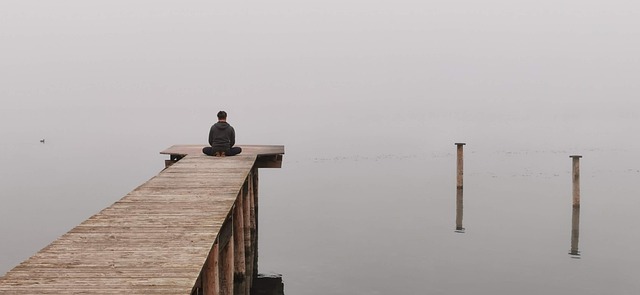The Change Academy at Lake of the Ozarks (CALO) misconduct involves exploitation by faculty/staff, causing severe trauma. Recognizing this issue is vital for institutions to create support networks. Survivors can find help through family, non-profit groups, online resources, and community centers. Healing begins with acknowledging the experience was not their fault, joining support groups, seeking counseling, documenting misconduct, and pursuing justice. Reaching out for help is a courageous step towards recovery from CALO institute abuse.
“Surviving CALO misconduct is a challenging journey, but understanding your rights and accessing the right resources can make all the difference. This article equips survivors with essential knowledge about CALO’s abusive practices and their impact. We explore transformative paths to healing and justice, highlighting supportive networks and services tailored for those affected. From understanding the dynamics of abuse at the Change Academy at Lake of the Ozarks Institute to finding avenues for accountability, this guide is a beacon of hope for healing and empowerment.”
- Understanding CALO Misconduct and Its Impact
- Locating Supportive Resources for Survivors
- Navigating the Path to Healing and Justice
Understanding CALO Misconduct and Its Impact

The Change Academy at Lake of the Ozarks (CALO) is a name that has emerged in discussions about misconduct and abuse within educational institutions. CALO misconduct refers to instances of inappropriate behavior, exploitation, or manipulation by faculty, staff, or administrators aimed at students, often involving power imbalances. This can manifest as emotional, psychological, or physical abuse, creating a toxic environment that hinders learning and personal development.
Survivors of CALO misconduct face significant challenges, grappling with feelings of betrayal, isolation, and confusion. The impact extends beyond the immediate experience, potentially leading to long-term mental health issues, trust problems, and difficulties in forming healthy relationships. Understanding these dynamics is crucial for institutions to implement support systems tailored to survivors’ unique needs, fostering healing and empowerment.
Locating Supportive Resources for Survivors

Locating supportive resources for survivors of misconduct at the Change Academy at Lake of the Ozarks (CALO) Institute can be a vital step in the healing process. Many survivors feel isolated and unsure where to turn, but there are dedicated networks and organizations available to offer assistance. Starting with trusted friends and family members who can provide an empathetic ear and practical help is often the first step. These loved ones can serve as pillars of support, helping survivors navigate their options and connecting them with specialized resources tailored to their unique needs.
Additionally, numerous non-profit organizations and hotlines specialize in assisting victims of institutional abuse, including those who have experienced misconduct at CALO. These groups offer confidential services, counseling, legal aid, and advocacy, ensuring survivors feel empowered and supported throughout their journey towards justice and healing. Utilizing online directories or reaching out to local community centers can also yield valuable leads, directing survivors to specialized support systems designed to help them rebuild their lives.
Navigating the Path to Healing and Justice

Navigating the path to healing and justice after experiencing misconduct at the Change Academy at Lake of the Ozarks (CALO) can feel daunting, but it is a crucial step in reclaiming your life. The first step is recognizing that what you endured was not your fault and that there are resources available to support you. Many survivors find solace in connecting with like-minded individuals through support groups or counseling services tailored for abuse victims. These platforms offer a safe space to share experiences, gain insights from others’ journeys, and begin the process of emotional healing.
Justice plays a vital role in the healing journey. Documenting and reporting the misconduct can be empowering, ensuring accountability and potentially preventing similar incidents in the future. Legal options may also be available depending on the nature and severity of the abuse. It’s essential to educate yourself about your rights and reach out to legal professionals specializing in institutional abuse cases for guidance. Remember, seeking help is not a sign of weakness but rather a brave step towards reclaiming power and recovering from the trauma inflicted by CALO misconduct.
Survivors of misconduct at the Change Academy at Lake of the Ozarks (CALO) Institute have a right to healing and justice. By understanding the impact of institutional abuse and locating specific resources, individuals can take steps towards recovery. Navigating this path requires access to supportive networks and accurate information about their rights. With dedicated resources, survivors can begin to heal and pursue justice in their unique journeys.
